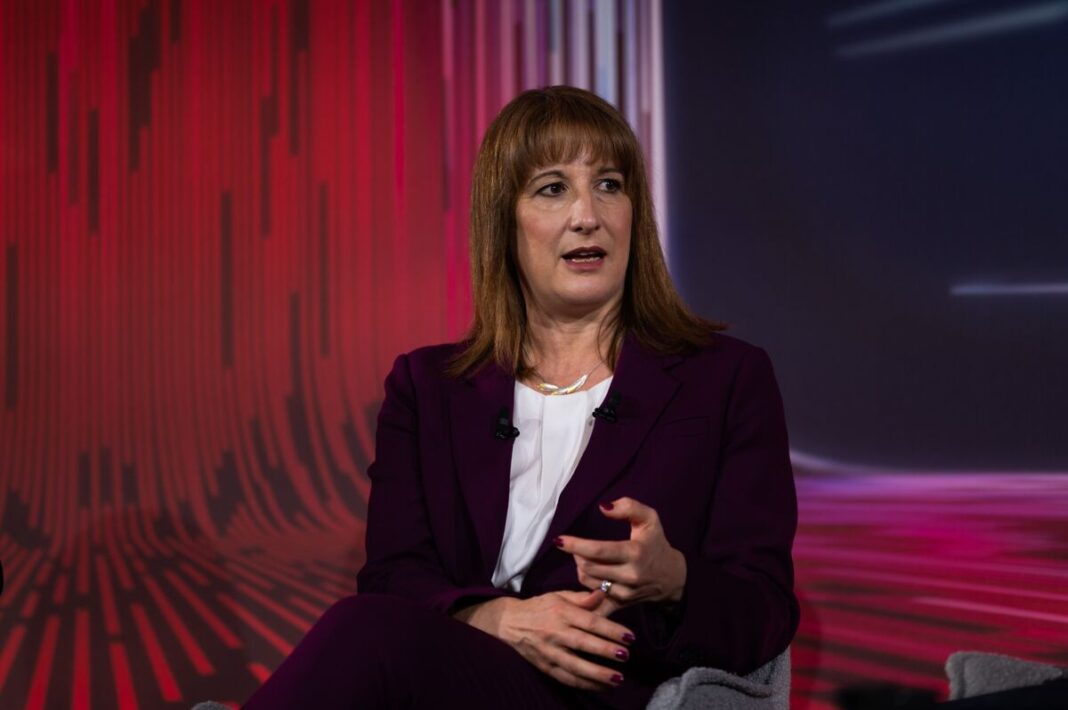UK Chancellor Rachel Reeves’ Trade Mission to the Gulf
In a significant move aimed at revitalizing the UK’s economic prospects, Chancellor of the Exchequer Rachel Reeves is embarking on a diplomatic mission to Saudi Arabia. The purpose? To accelerate trade discussions with the Gulf states. This visit arrives at a crucial juncture as Reeves prepares for an impending budget review that will impact the nation’s economic landscape significantly.
The Importance of Gulf Trade Partnerships
The Gulf states, particularly nations like Saudi Arabia and the United Arab Emirates, represent vital opportunities for the UK market. With their rapidly growing economies and abundant natural resources, these countries have become key players on the global stage. Strengthening trade ties could provide a much-needed boost to various sectors within the UK, especially given the current economic challenges exacerbated by global events.
Economic Context: The UK’s Growth Challenges
The backdrop to this diplomatic initiative is a UK economy grappling with slowing growth rates, inflation, and supply chain disruptions. As the Chancellor prepares her budget, there’s an urgent need to identify new avenues for economic growth. China’s recent reopening and changes in global trade dynamics offer potential opportunities, but the Gulf remains a strategically significant focus. The government aims to diversify trade partnerships and reduce reliance on traditional markets.
Six Key Sectors in Focus
During her visit, Reeves is likely to zero in on several key sectors that are poised to benefit from enhanced trade relations. These include:
-
Energy: With the global transition towards greener energy solutions, the Gulf states are investing heavily in renewable energy projects. UK firms have technological expertise that can complement these initiatives.
-
Financial Services: The Gulf’s financial markets are rapidly evolving, with increasing demand for sophisticated services. UK banks and financial institutions stand to gain from deeper ties.
-
Healthcare: The region’s public health initiatives are expanding, presenting opportunities for UK healthcare companies in pharmaceuticals, medical devices, and consultancy.
-
Technology: As the Gulf invests in smart cities and digital transformation, UK tech firms can offer innovative solutions that align with these ambitious projects.
-
Education: The demand for quality educational institutions and training services remains high in the Gulf, opening doors for UK universities and vocational training providers.
-
Defense and Security: Long-standing partnerships in defense procurement can be strengthened, providing mutual benefits in terms of security and technological advancements.
Strategic Timing for Trade Talks
This visit’s timing also plays a pivotal role. With local elections looming and economic concerns at the forefront of public discourse, Reeves seeks to frame the conversation around growth and opportunity. The Chancellor is not only focusing on immediate economic needs but is also shaping a narrative that promises future engagement and investment, both crucial during her tenure.
Building Relationships and Trust
Beyond simply negotiating trade agreements, building personal relationships will be essential. Reeves’ engagement with leaders in Saudi Arabia and the broader Gulf region aims to foster mutual understanding and trust. Initiatives like these necessitate patience and a long-term perspective, reinforcing the idea that trade is not just transactional but deeply relational.
The Role of Sustainability
A notable aspect of the discussions will likely revolve around sustainability. The Gulf states have publicly committed to ambitious climate goals, and the UK’s expertise in sustainability practices offers a platform for collaboration. This could serve not only economic interests but also enhance bilateral relations based on shared values of innovation and responsible stewardship of resources.
Challenges Ahead
Despite the optimistic outlook, Reeves will face challenges in convincing stakeholders at home and abroad. Geopolitical tensions, especially with broader implications from events in Ukraine and the U.S.-China relations, add layers of complexity to these discussions. Convincing British businesses of the tangible benefits while navigating the uncertainties of international relations will require strategic communication and diplomatic finesse.
Conclusion: A Critical Moment for the UK Economy
As Rachel Reeves sets forth on this important mission, the stakes are high. The outcome of her meetings in Saudi Arabia could have lasting effects on the UK’s trade landscape and economic recovery efforts. The emphasis on developing robust partnerships with the Gulf states aligns with the UK’s broader strategy of building a resilient and diversified economy in an increasingly interconnected world.



